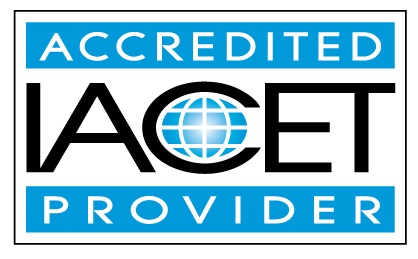Description
This webinar will focus on some less discussed issues which can affect clients with ALS and their seated mobility, especially long term. Factors such as respiration, feeding, variances in disease progression, caregiver status, technology integration, patterns of weakness and habits/roles/routines will be discussed as they impact the wheelchair as well as mobility, control, function, comfort, positioning, pressure relief and skin integrity issues.
Learning Outcomes for this course:
1. Describe 3 factors of disease progression which may affect use of the power wheelchair.
2. Identify 3 options to increase comfort and decrease pressure injuries for the client with ALS.
3. Describe 3 options for caregivers and clients to increase use and comfort with power features and chair control.
Amber Ward has been a treating occupational therapist for 22 years; 10 years in inpatient rehabilitation, and 12 years as full time Occupational Therapy Coordinator with persons with ALS and muscular dystrophies. She has treated a wide variety of patients, of all ages and functional levels. She currently is an adjunct professor at the OTA program at Cabarrus College of Health Sciences in addition to working in the clinic. She received the RESNA Assistive Technology Professional certification in 2004, the Seating and Wheeled Mobility certification in 2014, and became AOTA board certified in physical rehabilitation in 2010. She is the author of 2 articles about power wheelchairs with persons with ALS.


